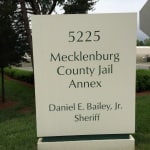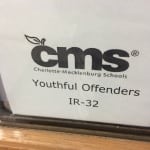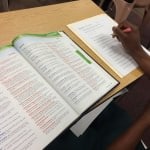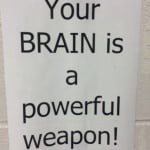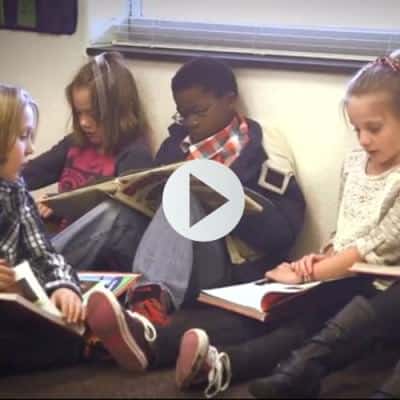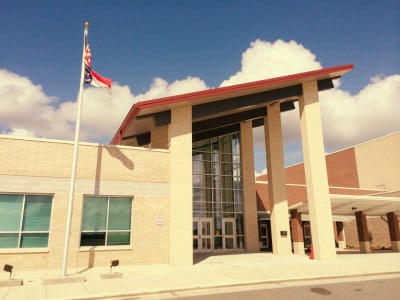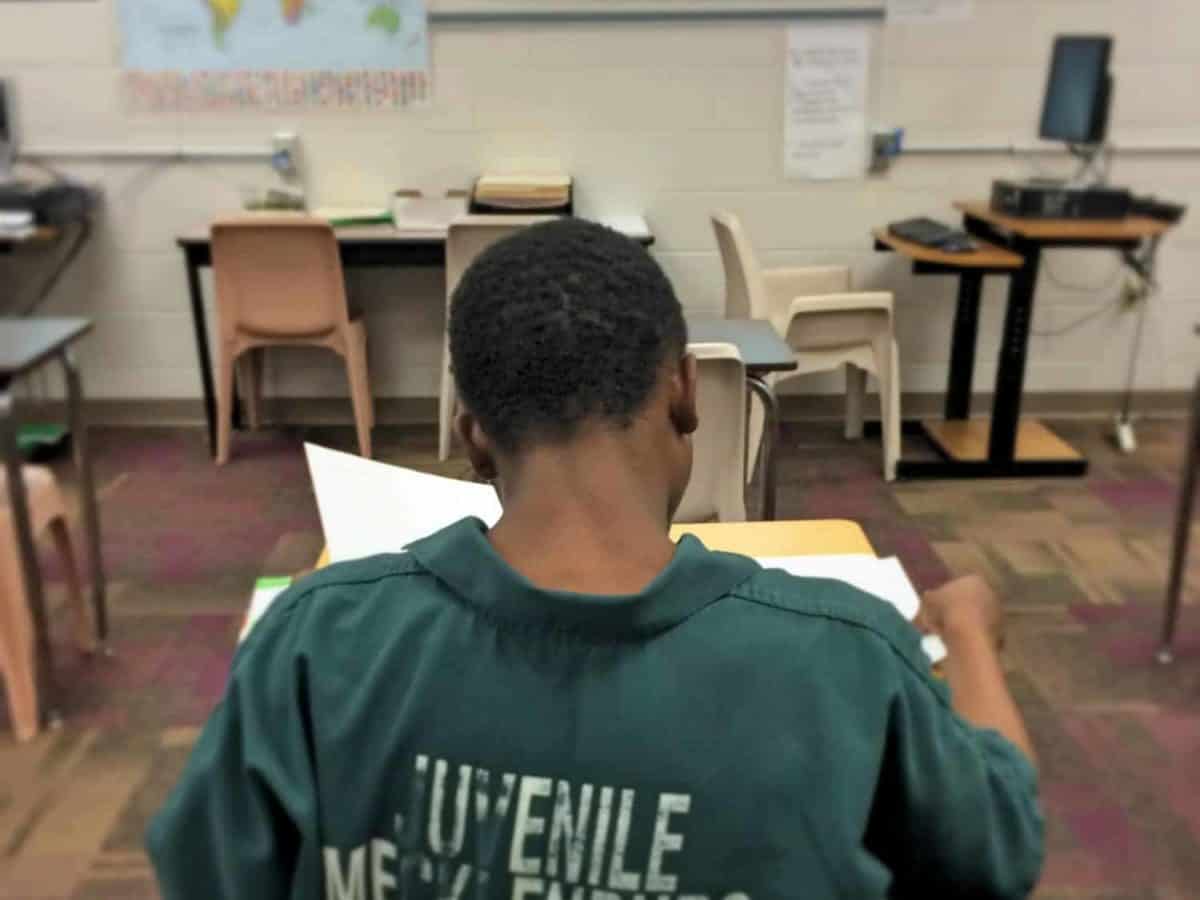
It is much easier to identify problems than it is to identify solutions. But retiring Sheriff Chipp Bailey in Mecklenburg County is all about solutions.
Take, for example, his public school classrooms located in Jail North serving young men and in Jail Central serving young women. That’s right – there is a public school located in a jail in North Carolina serving 16- and 17-year-old youthful offenders. As far as the jail administrators know, only one legislator has ever visited it.
The classrooms are run by the Turning Point Alternative School, part of the Right Choices/Alternative Education program of the Charlotte-Mecklenburg Schools (CMS). Students receive academic and attendance credit. Courses are offered in English, social studies, physical education, math, and science.
As Karen Simon, the director of inmate programs, notes:
“We don’t have a discipline problem. We don’t have an attendance problem. It is easiest to get students to make a change in this moment of crisis. So we present them with an opportunity.”
Tears streamed down this young man’s face. Simon, one of the only jail officers allowed to physically touch an inmate, pats him on the shoulder. “The first day of jail is tough,” she says. But he is in a classroom. A world map is posted on the wall. A sign says, “Your brain is a powerful weapon.” He is studying elections and campaigns, and his rights in our political process.
A lot of years back, a 17-year-old youthful offender asked the sheriff to keep him in jail until he graduated. The young man said, “I’ll never graduate if I leave.”
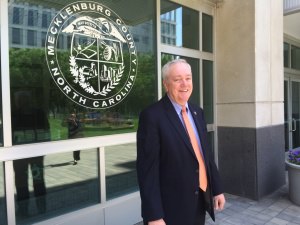
Motivated to find a solution for this young man, in 2009 the sheriff approached Communities In Schools (CIS) to work with these youthful offenders. Since then, a dedicated CIS site coordinator has worked with the sheriff’s staff, CMS, and other community partners to increase opportunities for the kids pre- and post-release.
According to documents provided to EdNC, it costs $393,491.09 to run this public school annually. The county gives the money to the sheriff, and the sheriff contracts with CMS. In fiscal year 2013, 132 students attended the school.
In May 2010, all of the students who graduated went on to college. All of them. In May 2014, 11 students graduated and several of them continued their education at the local community college.
The role of EducationNC
Two business principles are at play in North Carolina policy and politics – availability and confirmation bias. People base their perceptions on information that is easiest to come by – that’s availability. But the availability of information is complicated by another business principle called confirmation bias. People seek and consume information that confirms what they want to believe.
EdNC is committed to changing the nature of the conversation this state is having about public schools. We are decidedly bipartisan in our approach. Our website, which will change daily, will equip our 1.5 million students, 95,000 teachers, 7,000 administrators, and 75,000 other school professionals – that’s 17 percent of our state population, and we haven’t even gotten to students who choose non-public schools, parents, education funders, our business leaders, the media, and policymakers. EdNC plans to tackle availability head on.
The sheriff says, proudly, “I’m not going to see these students again.”
We want people to know there is a public school in a jail. We want people to know that the students graduate and many go to on to college. The sheriff says, proudly, “I’m not going to see these students again.” We want to know why other jails across the state don’t follow suit.
We live in a purple state now – 2.7 million of the registered voters are blue Democrats, 2 million are red Republicans, and 1.8 million are unaffiliated. I could see this happening as I grew up because on my block lived Harvey Gantt (a Democrat and former mayor of Charlotte who ran for the U.S. Senate), and next door to him lived Mel Watt (a Democrat and member of the U.S. House for 21 years), and two doors down from them lived Sue Myrick (a Republican, former mayor of Charlotte, and member of the U.S. House for 18 years) with her son Dan Forest (a Republican and our lieutenant governor). Every day of my life has been spent playing and then working across party lines. Living a bipartisan life, I have learned the importance of finding common ground. Credible research and information can change minds.
EdNC will present data, news, research, and solutions to problems that challenge people to think differently. We plan to turn confirmation bias on its head.
Karen Simon, the director of inmate programs, says, “It’s a healing place.” How many jails, or schools for that matter, can you say that about?


